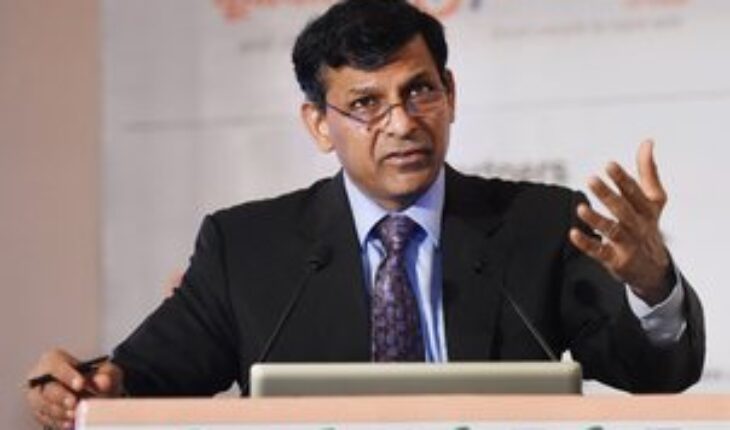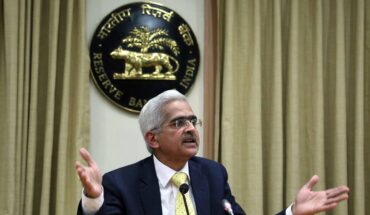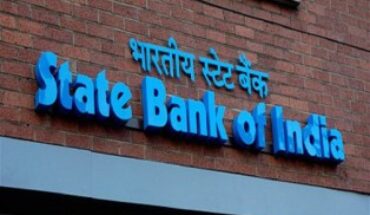MUMBAI: Reserve Bank Governor Raghuram Rajan has said that there is a need to shift loan sanctioning process from the present committee-based approach to single banker taking up the responsibility as well as rewarding the person if the project goes on well.
Addressing the annual bankers conference, Rajan said, “Even while committees may take the final loan decision, some senior banker ought to put her name on the proposal, taking responsibility for recommending the loan.”
To achieve this, the Governor said, “The incentive structure for bankers should be worked out so that they evaluate, design and monitor projects carefully, and get significant rewards if these work out.” Addressing bankers’ body IBA and Ficci organised banking summit, Rajan said technology can go a long way in helping arrive at a better due diligence. “IT systems within banks should be able to pull up overall performance records of loans recommended by individual bankers easily, and this should be an input into their promotion,” he said. Asking to adopt more technology for risk assessment, Rajan said “Financiers should put in a robust system of project monitoring and appraisal, including where possible, careful real-time monitoring of costs. He also asked bankers whether a project input cost be monitored and compared with comparable inputs elsewhere using IT, so that suspicious transactions suggesting over-invoicing are flagged? It can be noted that currently large loans are sanctioned by a loan approval committee and no individual banker is held responsible if the loan goes kaput. Underling the need for the project developer to have more of his skin in the project, the Governor said there is a need for more equity on one side and flexible loan structuring process on the other for infra projects financing by having a more flexible capital structure in place. “The capital structure has to be related to residual risks of the project. The more the risk, more the equity component should be and the greater the flexibility in the debt structure,” he said. –PTI





